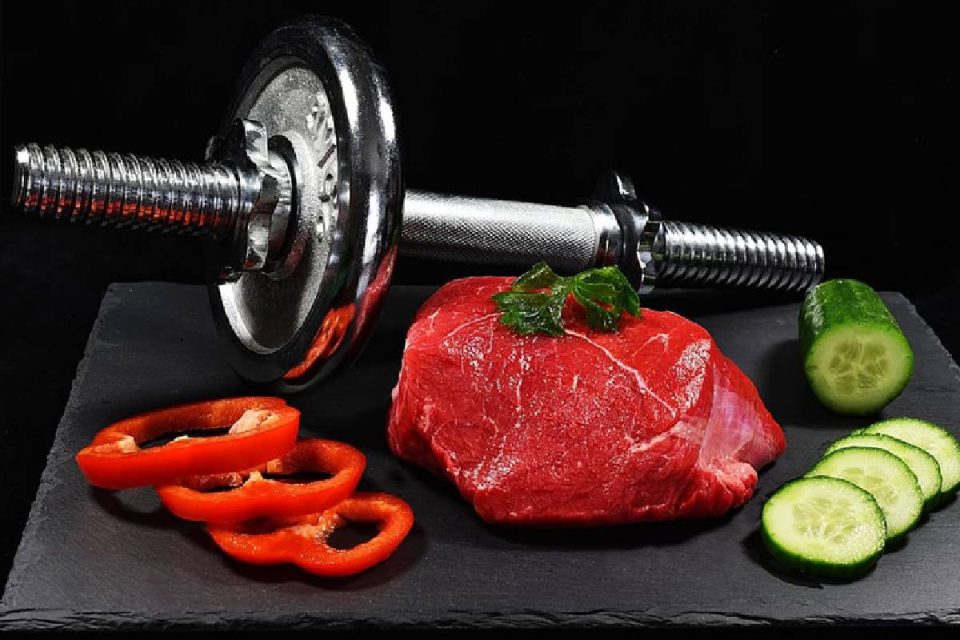Results Pages are equipped with many features to help users refine their search and find the most relevant information. One such feature is the ‘People Also Ask’ box, which appears on the search results page and provides users with additional questions related to their search. This feature is particularly useful for athletes who are searching for the right diet to optimize their performance. In this article, we will look at the most commonly asked questions people asked Google regarding diets for athletes so whether you are a professional athlete or a fitness enthusiast, read on to find out everything you need to know about diets for athletes.
Table of Contents
Do Athletes Need To Eat Differently?
To ensure their diets meet their mineral needs, athletes may need to consume differently than the general population. They require carefully thought-out, nutrient-rich diets that satisfy their energy needs while supporting muscle development and repair. Depending on their chosen activity and training objectives, athletes have unique dietary needs in addition to their mineral requirements. Strength athletes need more protein to help with muscle growth and recovery, while endurance athletes need a greater intake of carbohydrates to fuel their bodies during prolonged activity. Working with a certified sports nutritionist to develop a custom diet plan that suits each athlete’s requirements is crucial. Longer recovery times, decreased performance, and an increased chance of injury can all be the results of inadequate or improper nutrition.
How Much Should Athletes Eat?
Athletes’ food intake is impacted by a variety of factors, including their body composition, amount of exercise, and fitness goals. An athlete’s diet should be balanced and tailored to their individual needs to support their performance and recuperation. It is imperative to keep in mind that to determine their optimal calorie intake and nutrient requirements, athletes should speak with a sports dietitian or certified nutritionist.
What Does An Athlete Need In Their Diet?
For athletes to develop correctly and perform at their peak, a well-balanced diet that provides adequate energy and nutrients is crucial. 20% protein, 30% fat, and roughly 50% carbohydrates make up the ideal athlete’s diet. Athletes should try to consume carbohydrates from a variety of sources, such as whole grains, fruits, vegetables, and legumes, to ensure they get enough fiber, vitamins, and minerals. Athletes require more protein than the average person to support their physical exercise because protein is necessary for both muscle growth and repair. In order to remain hydrated before, during, and after athletic activities, athletes should also drink a lot of fluids.
Is A Vegetarian Diet Beneficial To Athletes?
A vegetarian diet has many health advantages for athletes. In general, vegetarians eat more nutrient-dense foods than non-vegetarians, including fruits, vegetables, whole grains, and other foods. A diet like this can lower an athlete’s chance of developing chronic diseases, help them maintain healthy body weight, and generally make them feel better. Athletes who are vegetarians need to make sure they are getting enough nutrition to support their training and performance. Although plant-based foods like legumes, lentils, nuts, seeds, and soy products can provide adequate amounts of protein, athletes may need to take additional precautions to make sure they eat enough of these foods to meet their needs.
Do Athletes Need More Protein?
For athletes, protein is a crucial nutrient because it is necessary for power, endurance, and the growth and repair of muscles. Depending on an athlete’s body weight, level of exercise, and training goals, different athletes have different protein needs. Due to their heightened physical demands, athletes typically require more protein than sedentary individuals. Inadequate protein intake has the impacts of both slower muscle recovery periods and decreased athletic ability. To support their training and performance goals, athletes must ensure that their diet contains an adequate amount of protein.
Final Thoughts
To perform at their peak and reach their fitness objectives, athletes need to eat a diet that is well-balanced and carefully thought out. When creating a diet plan, it’s crucial to take the athlete’s body composition, exercise level, and fitness goals into account. For athletes searching for dietary information, Google Search’s “People Also Ask” feature can be useful. It is always best to seek advice from a certified sports nutritionist or certified nutritionist when deciding how much to eat, what to eat, or how much protein to take in to make sure that an athlete’s unique dietary requirements are met. Athletes can increase their athletic performance, lower their risk of injury, and keep a healthy, balanced lifestyle by closely monitoring their dietary needs.
About the Author
David Todva is a highly skilled freelance writer based in the United States. With years of experience in the sports and fitness industry, David has earned himself a reputation as a reliable, talented writer in the area of personal fitness. His strong interest in sports, fitness & writing has enabled him to collaborate with customers from all corners of the globe.

